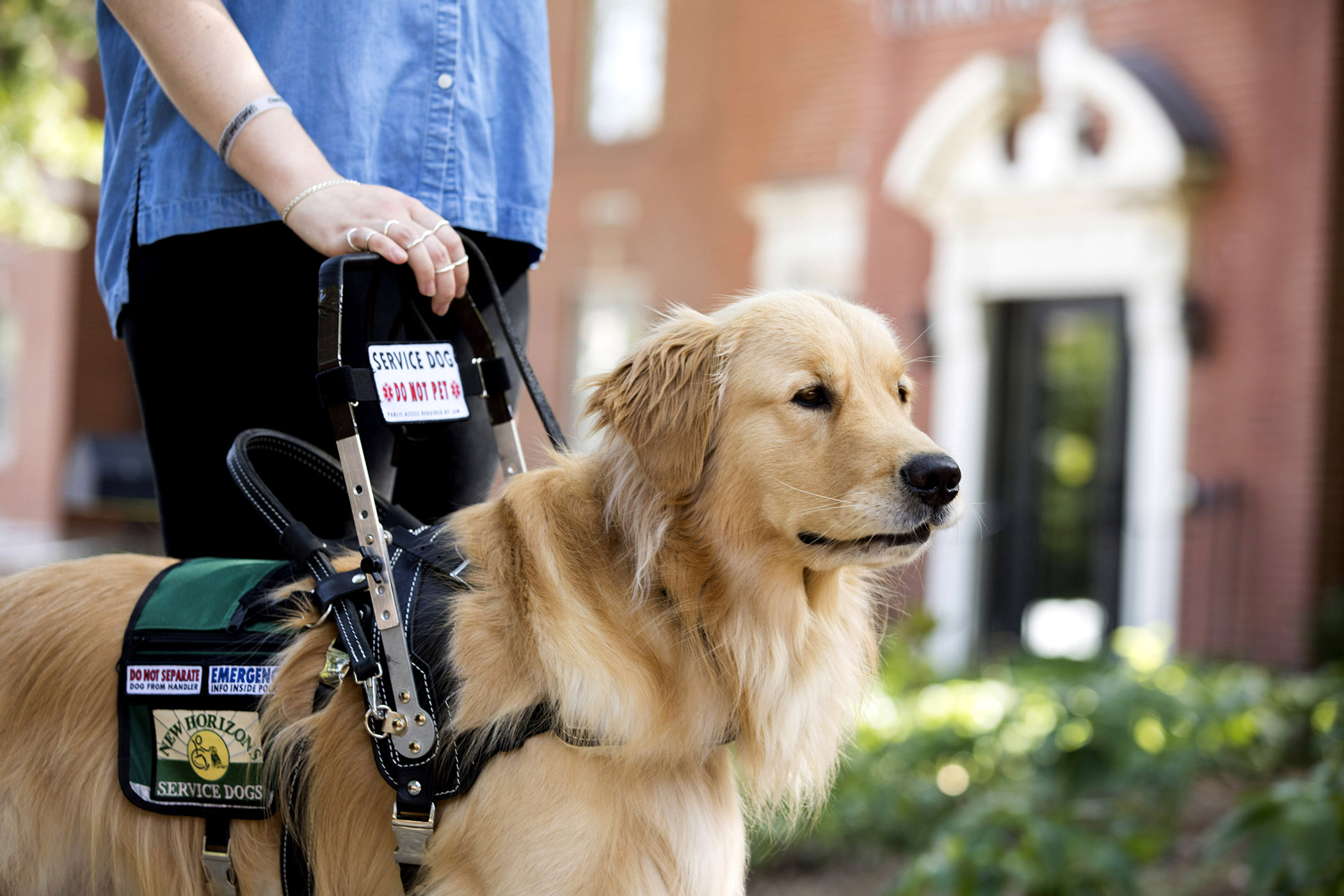ABOUT US
Originating from Europe, Global K9 Training has risen to prominence as a foremost authority in both in-person and remote testing and certification for dog training facilities and behavioral professionals.
With established sub-facilities across North America, APAC, Europe, and Australia, we are proud to define the international benchmark. Our rigorous examinations across these regions ensure that facilities and professionals consistently demonstrate expertise in humane, science-driven dog training methodologies.
With established sub-facilities across North America, APAC, Europe, and Australia, we are proud to define the international benchmark. Our rigorous examinations across these regions ensure that facilities and professionals consistently demonstrate expertise in humane, science-driven dog training methodologies.
In light of recent updates to our privacy policy, we have suspended online verification services. For detailed information regarding Certified & Registered Service Dog Training Facilities or Individual certifications, kindly reach out to us at reply@k9training.org. |
What our certifications mean
Professionals who pass our examinations have been tested for fundamental knowledge and skill inhumane, science-based dog training techniques. All certificates must maintain their designations and must also adhere to strict Standards of Practice and Code of Ethics and Least Intrusive, Minimally Aversive (LIMA) Effective Behavior Intervention policies in their practices.
Our mission is to establish and maintain humane standards of competence for dog training and behavior professionals through criteria based on experience, standardized testing, skills, and continuing education.
Our goal with this mission is twofold:
Our goal with this mission is twofold:
- To provide professional standards that support and promote excellence in the dog training and behavior profession.
- To give dog owners a way to identify professional certified trainers and behavior consultants.
If you are interested in our Private Service Animal Program or Pet Boarding Training Program.
Please Contact us now to quote your unique personalized training plan!
Our training tasks include, but are not limited to:
• Turning lights on and off.
• Assisting the visually impaired.
• Hearing Ear - Alerting to the door, phone, fire alarm, etc.
• Seizure Alert - (owner must provide synthetic chemical scent acquired through a physician).
• Diabetic Alert - (owner must provide synthetic chemical scent acquired through a physician).
• Retrieving any dropped item.
• Opening and closing doors, drawers, and cabinets.
• Retrieving specific items by name, ie. car keys, glasses, remote, etc.
• Throwing away trash.
• Putting things in a specific area, such as a bin or box.
• Pulling a wheelchair.
Please Contact us now to quote your unique personalized training plan!
Our training tasks include, but are not limited to:
• Turning lights on and off.
• Assisting the visually impaired.
• Hearing Ear - Alerting to the door, phone, fire alarm, etc.
• Seizure Alert - (owner must provide synthetic chemical scent acquired through a physician).
• Diabetic Alert - (owner must provide synthetic chemical scent acquired through a physician).
• Retrieving any dropped item.
• Opening and closing doors, drawers, and cabinets.
• Retrieving specific items by name, ie. car keys, glasses, remote, etc.
• Throwing away trash.
• Putting things in a specific area, such as a bin or box.
• Pulling a wheelchair.
Who Qualifies For A Service Dog?Any individual receiving assistance from a dog that performs a task directly related to a physical or psychological condition may qualify for a Service Animal.
A minimum age of 4 months (16 weeks) is required for dogs entering the Basic Obedience course. There is no maximum age.
A minimum age of 4 months (16 weeks) is required for dogs entering the Basic Obedience course. There is no maximum age.
Pet Boarding Training Pricing Range:
Phase one (evaluation period) (one week-7 days): $350.00 per day for a total from $2450.00.
To be paid at the beginning of the evaluation period.
Phase two (basic training - 1-3 months): $4,000.00 per month, for a total from 4,000.00 to 12,000.00.
To be pre-paid.
Phase three (specialty training - 1 to 8 months): $5,500.00 per month.
To be paid at the beginning of each month.
Special Seeing Eye Dog Training cost from: $90,000.00
For all deposits or payment, once customers make a payment, they will not be able to issue or get refunds for payments already made due to our policy.
Phase one (evaluation period) (one week-7 days): $350.00 per day for a total from $2450.00.
To be paid at the beginning of the evaluation period.
Phase two (basic training - 1-3 months): $4,000.00 per month, for a total from 4,000.00 to 12,000.00.
To be pre-paid.
Phase three (specialty training - 1 to 8 months): $5,500.00 per month.
To be paid at the beginning of each month.
Special Seeing Eye Dog Training cost from: $90,000.00
For all deposits or payment, once customers make a payment, they will not be able to issue or get refunds for payments already made due to our policy.
Let us find a trained service dog for you today!
Follow the form to fill out an contact form to find your forever-ever friend
Follow the form to fill out an contact form to find your forever-ever friend
How To Learn yourself as a Dog Trainer
Step 1: Get educatedDog training is based on the science of animal behavior, so look for schools whose curricula are scientifically sound. For more information, see our Resources or email reply@k9training.org.
Courses come in all varieties: online learning, in-person workshops, apprenticeships, etc. In addition to the learning experience you prefer, take cost, location, and length into consideration.
Step 2: Get experienced Once you successfully complete your course (or courses; many trainers attend several), it’s time to gain hands-on experience. Again, even if you’re a veteran hand at training your own dogs, you need experience training other people’s dogs—and teaching them to train their own dogs. Great options include entry-level trainer positions, working with shelter/rescue dogs, apprenticeships, and assisting seasoned trainers with dog training classes.
Step 3: Get certifiedWith a solid foundation of knowledge, technical proficiency, and experience, you can now seek independent validation of your skills through our certifications. Doing so proves—to you and to the world—that you have been measured against and passed strict standards. It’s a distinction that sets you apart; a voluntary commitment to professional excellence and ethical conduct.
Step 1: Get educatedDog training is based on the science of animal behavior, so look for schools whose curricula are scientifically sound. For more information, see our Resources or email reply@k9training.org.
Courses come in all varieties: online learning, in-person workshops, apprenticeships, etc. In addition to the learning experience you prefer, take cost, location, and length into consideration.
Step 2: Get experienced Once you successfully complete your course (or courses; many trainers attend several), it’s time to gain hands-on experience. Again, even if you’re a veteran hand at training your own dogs, you need experience training other people’s dogs—and teaching them to train their own dogs. Great options include entry-level trainer positions, working with shelter/rescue dogs, apprenticeships, and assisting seasoned trainers with dog training classes.
Step 3: Get certifiedWith a solid foundation of knowledge, technical proficiency, and experience, you can now seek independent validation of your skills through our certifications. Doing so proves—to you and to the world—that you have been measured against and passed strict standards. It’s a distinction that sets you apart; a voluntary commitment to professional excellence and ethical conduct.



